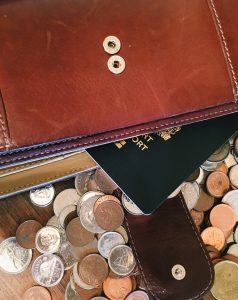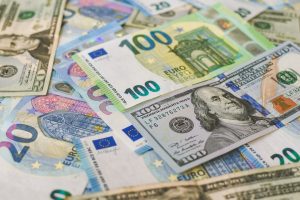Forex trading is a popular and exciting way to make money online. However, if you are new to forex trading, you may be wondering if you have to pay taxes on your profits. The short answer is yes, you do have to pay taxes when trading forex. In this article, we will explore the tax implications of forex trading and everything you need to know to stay on the right side of the law.
Forex trading is the buying and selling of currencies on the foreign exchange market with the aim of making a profit. Forex trading is done through a broker, and traders can trade 24 hours a day, five days a week, allowing them to take advantage of global economic events and news. Forex trading can be a high-risk activity, and traders can lose money just as quickly as they can make it.
When it comes to taxes, forex trading is treated the same way as any other form of trading or investing. Traders are required to pay taxes on their profits, and the amount of tax they pay will depend on several factors, including their country of residence, the amount of profit they make, and the length of time they hold their trades.
In the United States, traders who earn profits from forex trading are required to pay taxes on their earnings. Forex trading profits are treated as capital gains, and traders are required to report their profits on their tax returns. The tax rate for capital gains varies depending on the amount of profit earned and the length of time the trade was held. Short-term capital gains, which are profits earned from trades held for less than a year, are taxed at the trader’s ordinary income tax rate. Long-term capital gains, which are profits earned from trades held for more than a year, are taxed at a lower rate.
In the United Kingdom, traders who earn profits from forex trading are also required to pay taxes on their earnings. Forex trading profits are treated as gambling profits, and traders are required to report their profits on their tax returns. The tax rate for gambling profits varies depending on the amount of profit earned and the length of time the trade was held. Traders who make small profits may be able to claim the tax-free trading allowance, which allows them to earn up to £12,300 tax-free.
In Australia, traders who earn profits from forex trading are required to pay taxes on their earnings. Forex trading profits are treated as income, and traders are required to report their profits on their tax returns. The tax rate for income varies depending on the amount of profit earned and the length of time the trade was held. Traders who make small profits may be able to claim the tax-free trading allowance, which allows them to earn up to $18,200 tax-free.
In conclusion, forex trading can be a lucrative way to make money online, but it is important to remember that you do have to pay taxes on your profits. The tax implications of forex trading vary depending on your country of residence, the amount of profit you make, and the length of time you hold your trades. It is important to consult with a tax professional to ensure that you are complying with all of the tax laws in your country. By staying on the right side of the law, you can enjoy the benefits of forex trading without any legal issues.





